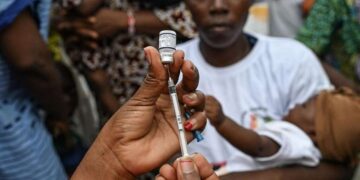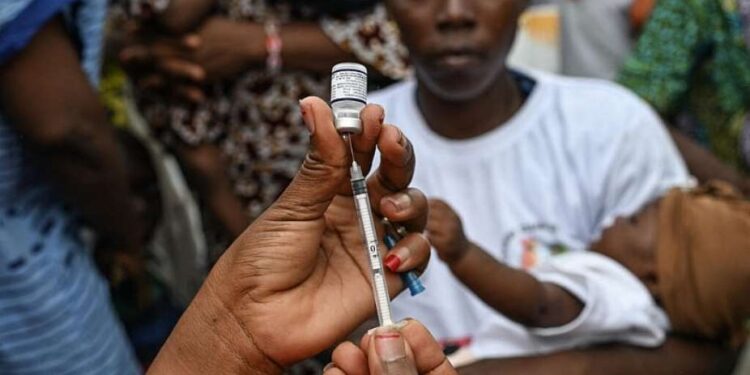By John Ikani
Gavi, the Vaccine Alliance, has announced the imminent arrival of cholera vaccines in Nigeria to bolster the fight against the ongoing epidemic.
This vital intervention comes as the country grapples with a surge in cases.
Sania Nishtar, Gavi’s CEO, shared the news via social media, noting that the Gavi-funded vaccines will be deployed strategically to support government efforts in containing the outbreak and protecting vulnerable populations.
“We are encouraged to see these life-saving vaccines reach Nigeria,” Ms. Nishtar stated. “Gavi stands ready to collaborate with UNICEF and WHO, alongside Nigeria’s Ministry of Health and the NCDC, to ensure a swift and effective response.”
Nigeria’s Health Minister, Muhammad Pate, expressed his gratitude for Gavi’s swift action in facilitating access to the vaccines. He emphasized the critical role they will play in curbing the outbreak.
Minister Pate also commended President Bola Tinubu’s leadership in establishing a multi-sectoral task force. This coordinated effort, led by the Nigeria Centre for Disease Control (NCDC), aims to unify national response strategies across all 36 states.
While preliminary signs suggest a decrease in infections and fatalities, authorities remain vigilant. The arrival of the vaccines strengthens their resolve to completely reverse the situation.
Minister Pate further emphasized the importance of long-term solutions. “We are actively working on improving water and sanitation infrastructure, collaborating with relevant ministries and stakeholders,” he explained.
Nigeria’s Cholera Battle
As of July 2024, Nigeria has reported over 3,600 suspected cholera cases and 103 deaths across the country. This translates to a case fatality rate of 2.8%.
However, recent weeks have shown a promising decline in new cases, offering a glimmer of hope. The NCDC Director General, Jide Idris, confirmed a 5.6% decrease in infections compared to the previous week.
Cholera: A Waterborne Threat
Cholera is a bacterial infection spread through contaminated water or food. It causes severe diarrhoea and dehydration, posing a significant health risk.
The NCDC has implemented various response measures, including distributing medical supplies nationwide and providing training for healthcare workers and communities.
Public awareness campaigns are also underway to educate the public on prevention methods.


































